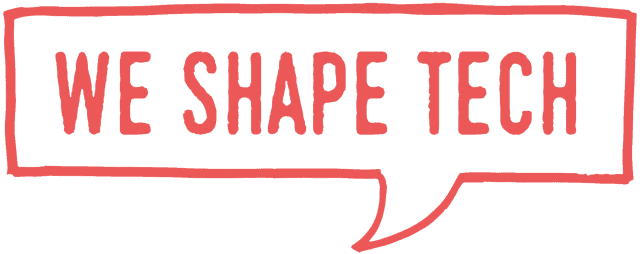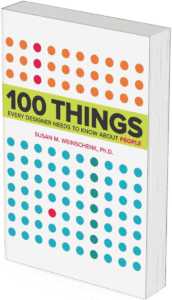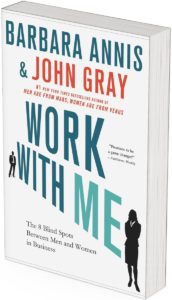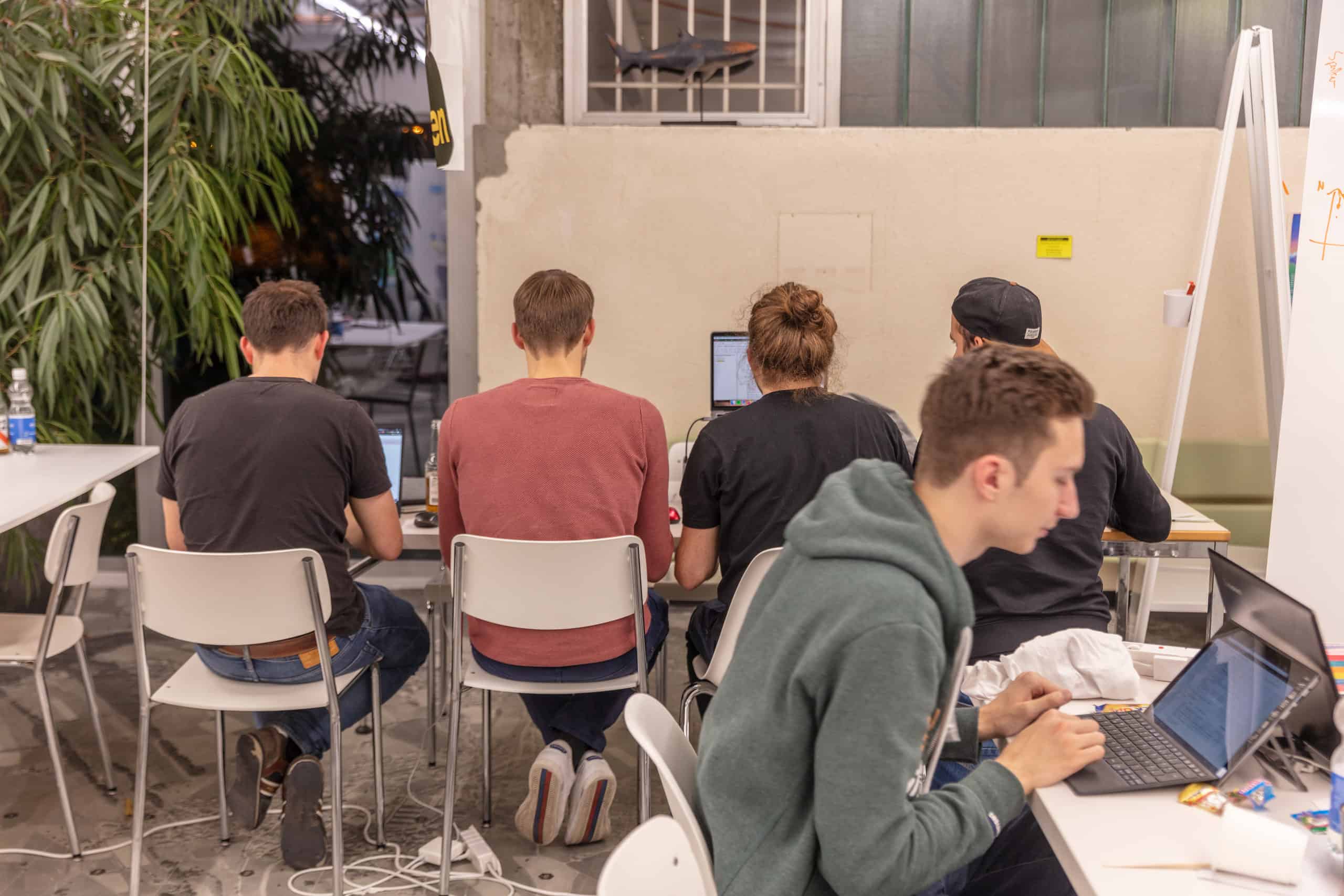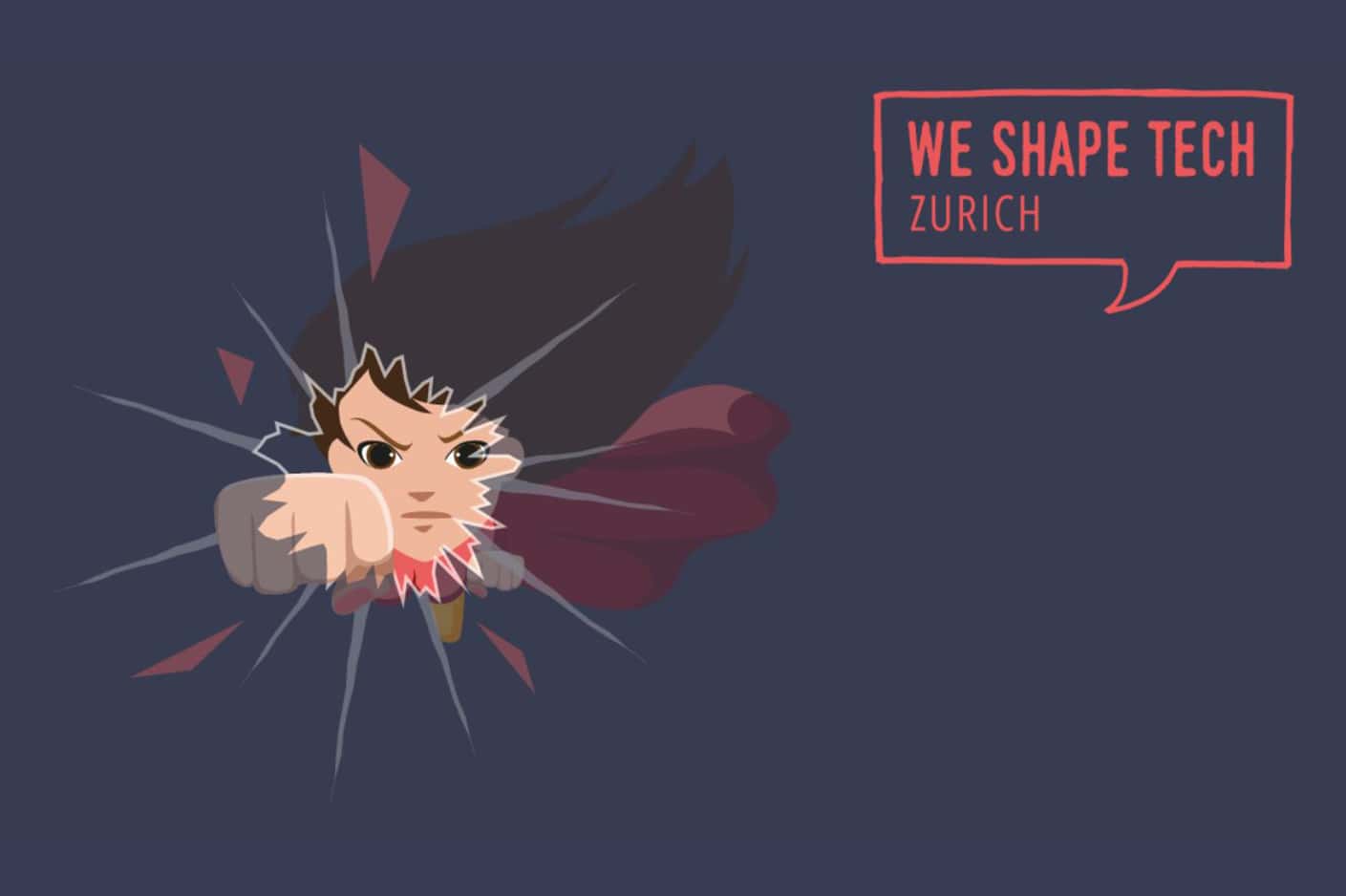Every month we ask one individual in our network a few questions about their way into tech, their motivation and their lessons learned.
Let’s start from the beginning. Tell us about where you’re from!
I studied sports science at the Technical University of Darmstadt and first found my way into game research and HCI through my PhD-project. In 2013 I came to Zurich and started working as a Senior Researcher in Game Design at the Zurich University of the Arts (ZHdK). During the last eight years I led numerous R&D projects in the field of Serious & Applied Games. Most of the interdisciplinary projects were in the field of health and rehabilitation (exergames and rehabilitation games). The results of one of these projects was a fitness game prototype, which set the basis for the foundation of the ZHdK-SpinOff Sphery AG. Besides my ongoing academic career, I am now also the CEO and co-founders of the Zurich-based FitTech startup since March 2018. With Sphery, we are shaping the future of sports and exercising in the most engaging and fun way!
What valuable advice did you get from your parents?
My parents have always taught me to believe in myself and to continue doing things I love.

How did you become interested in tech?
Growing up in the 80s and 90s, I experienced many facets of technology from my early childhood. I probably had my first contact with (game-based) technology in the 80s with my father’s Mac and watched him work as an engineer (and sometimes play ;)…). I also owned a Gameboy and fell in love with Tetris from the first time I played it. During my studies and my academic work in sports science, HCI and game research I became even more interested in technology. I was always fascinated by the potential of a conscious use of technology to bridge certain gaps – be it between people or between people and technology; especially by creating technology-based body-centered and playful experiences.
What aspects of your work are you proudest of?
I am absolutely proud of my team at Sphery. Not only do my team members have outstanding interdisciplinary skill sets, but also amazing personalities. This is absolutely great since you spend most of the time in your life at work and spending this time with people you like gives your company and you as a person special super power skills – teamwork makes the dream work! :). Looking back, we created a market-ready product in no time which fascinates people of all ages in the fitness, rehabilitation and eSports sector. I am very proud of what we achieved in such a short time and I am very much looking forward to the further journey with all the lovely Spheries!
What drives you at work?
I guess my main driver is my team, the curiosity to understand (new) things and (technical) challenges in detail, the love for creativity and to think outside the box (without being afraid of failure), and in general my passion for my profession (it does not even feel like a job).
Also, I always wanted to do something meaningful and with an impact. Receiving the positive feedback of our users after they tested the ExerCube, experienced their very own Dual Flow and saw rapid training effects further shows me that we are on the right track and further drives me to pursue it at full speed!
What was your biggest disappointment (challenge) in your career and how did you overcome it?
These could be the seemingly 1000 rejected applications for third party funds that I submitted for the R&D idea of designing and evaluating a dual flow-based fitness game environment. But it was worth not giving up and sticking with the conviction of the benefits of such a project and to revise and re-submit the proposal again and again. Finally, it got funded and allowed me to do some important research, which later set the basis for founding my company Sphery.
How does digitization impact your and other women’s career opportunities?
I have always done parts of my work digitally and like it a lot. Digitization allows us to be more flexible and independent of a specific location. And with that, many (not all) things become much more efficient and we have time for other things such as testing new working methods or being more creative, and of course also for family time. So even though you might not always be able to meet physically, you can stay up-to-date and be connected all over the world even when working from home.
What advice would you give other women in tech?

